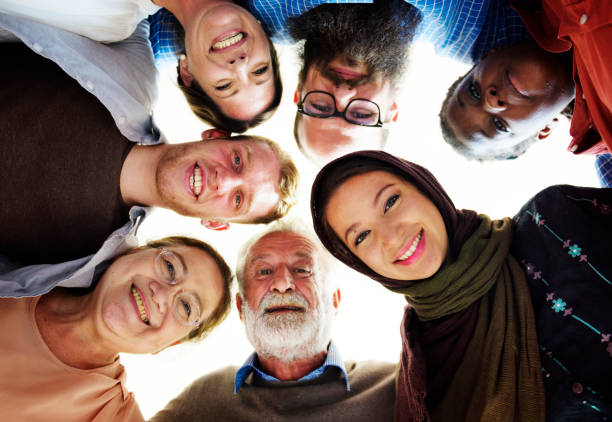Overview
This pioneering transformation work – which began in our inner London footprint as one of the 12 national ‘early implementer’ sites in autumn 2019, and is getting off the ground in Bedfordshire and Luton from April 2021 – is an ambitious programme of change up to 2023/24, and involves lots of conversations with staff from stakeholder organisations, service users and local citizens to design and test new ways of working, and to help reshape community mental health services enabled by new NHS Long Term Plan investment.
Through workshops, focus groups and localised work in newly-formed ‘blended teams ‘, we aim to coproduce improvements to mental health care based in and around primary care networks (PCNs).
